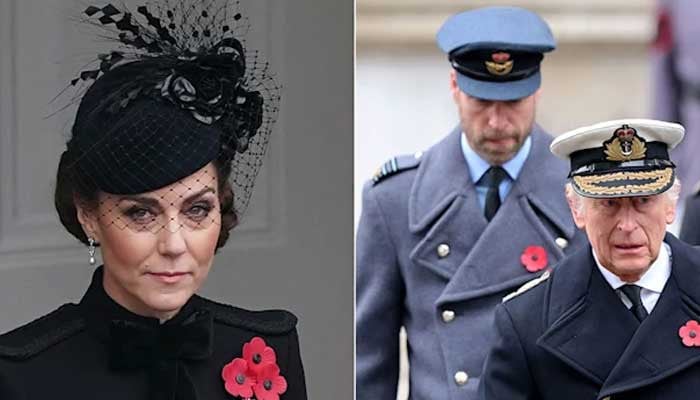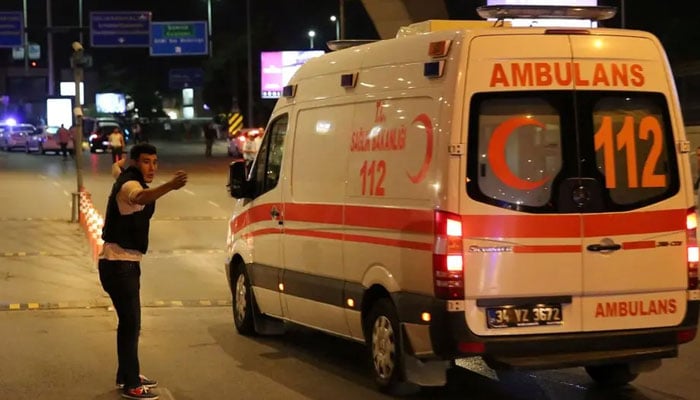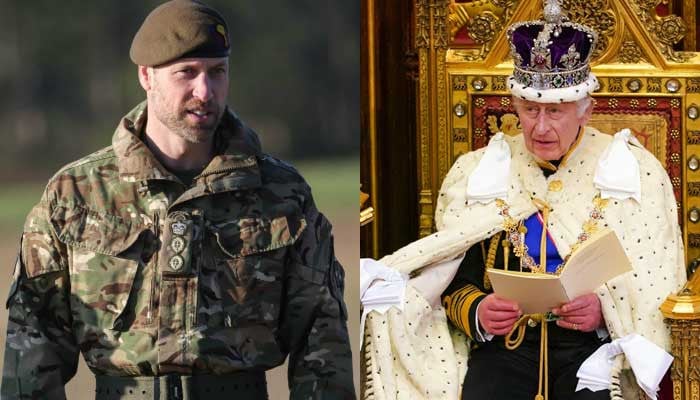Travel
Going ‘glocal’
字号+ Author:Smart News Source:US 2025-01-11 06:26:48 I want to comment(0)
ASPIRING for an education system that matches global standards is not only about curriculum design, competencies and skills. It is also about classroom management, behaviour, student grooming, values and ethics. As we aim to tap into the 21st-century skills of creative and critical thinking, we can only begin to teach those skills if we have the patience to listen to students as they express their ideas; if we can provide opportunities for them to work and think together in class; if we can have a non-judgmental environment where no student is afraid to speak up and where we can guarantee inclusiveness so there is no bias. This is a tall order for many teachers lacking the professional development background where awareness of these serious issues is raised, evidence-informed research is brought into learning material, and teachers are encouraged to bring successful practices to their classrooms. Some would argue that the needs of our students are different. Socioeconomic backgrounds, education levels of parents and language barriers force a teacher to resort to a formula of trying whatever ‘works’, often borrowing from their own background, values and learning experiences from childhood. With access to new forms of learning, teachers have access to formal processes of tapping into the skills of the National Curriculum of Pakistan, even as it demands of them student learning outcomes that they haven’t been trained to deliver. Global and local education systems overlap in many ways. Global and local education systems overlap in many ways, and it’s possible to bring the best of both worlds into classrooms. While we can teach local values, along with cultural sensitivity and regard for societal demands, we can also aim to provide exposure to cultures, curricular and best practices worldwide. While it is true that the examination results published year after year are indeed at par with global results, it is not a reflection of global standards involving values such as diversity and inclusion, creative expression, collaborative spirit, a sense of self and work ethic. Glocalising our edu-cation system would imply truly integrating processes through the UN’s SDG 4 framework. Access and opportunity are a vital cog in ensuring academic achievement and progress. Opportunities to access upgraded methods of teaching and learning, keeping up with global themes, and applying best practices to local needs and context might be a winning formula to prepare our students for the future. Resistance to access usually comes from a suspicion of global practices infiltrating our religious, cultural and family values. The truth is, we need inclusiveness to empower our students to develop new perspectives and evolve with the changing trends in the world. How do we build a world where we embrace new possibilities while holding on firmly to our distinctive heritage? When we start controlling the influences on learning and growth, we restrict possibilities for growth. While the world is moving fast in the direction of incorporating AI in teaching and learning, we are still struggling to move away from extended explanations in classrooms. While the world lays growing emphasis on creative and critical thinking, we still expect students to reproduce the teacher’s ideas and words, copied down in carefully written notes. If we could increase awareness of other cultures and systems of teaching and learning, we could make leaps in the direction of greater opportunities for students and higher academic achievement. We hear many conversations about technology and innovative growth, but we cannot expect to do a deep dive into it when our students and our teachers are ill-prepared for the transformation. Ultimately, we hope to enable our students to collaborate transnationally to solve urgent issues such as climate change, work towards social justice, bring about peace between nations in conflict, resolve food insecurity, health emergencies and the like. For our next generations to be able to do all that and much more, they need to be prepared for global citizenship with an awareness of global structures, systems and cultures. They need to be able to integrate global concepts with local culture. It has frequently been said ‘a quality education is a passport to the future’, and it is in this context that we must prepare our future generations to understand the world and its demands. This includes understanding other cultures and their development of thought, history and values. It enables students to think critically about their local issues in relation to the broader world and also strengthens their skills to adapt to a variety of thinking and working environments, with the aim of taking actionable steps within their communities.
1.This site adheres to industry standards, and any reposted articles will clearly indicate the author and source;
 Related Articles
Related Articles-
پہلے ٹیسٹ میچ میں جنوبی افریقہ نے پاکستان کو دو وکٹوں سے شکست دی۔
2025-01-11 06:13
-
Pakistan delays implementation of 5-year BDS programme for one year
2025-01-11 05:54
-
Pakistan delays implementation of 5-year BDS programme for one year
2025-01-11 05:52
-
Pakistan delays implementation of 5-year BDS programme for one year
2025-01-11 04:47
 User Reviews
User Reviews Recommended Reads
Recommended Reads Hot Information
Hot Information- آسٹریلیا نے مارش کو ڈراپ کیا، پانچویں بھارتی ٹیسٹ کے لیے ویبسٹر کو ڈیبیو دیا
- Pakistan delays implementation of 5-year BDS programme for one year
- Pakistan delays implementation of 5-year BDS programme for one year
- Pakistan delays implementation of 5-year BDS programme for one year
- ویرات کوہلی پر کانستاس کو کندھے سے دھکیلنے پر جرمانہ اور آن لائن تنقید کا سامنا ہے۔
- Pakistan delays implementation of 5-year BDS programme for one year
- Pakistan delays implementation of 5-year BDS programme for one year
- Pakistan delays implementation of 5-year BDS programme for one year
- آسٹریلیا نے مارش کو ڈراپ کیا، پانچویں بھارتی ٹیسٹ کے لیے ویبسٹر کو ڈیبیو دیا
 Abont US
Abont US
Follow our WhatasApp account to stay updated with the latest exciting content













